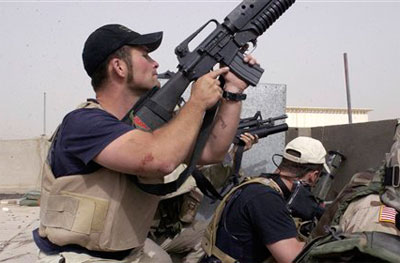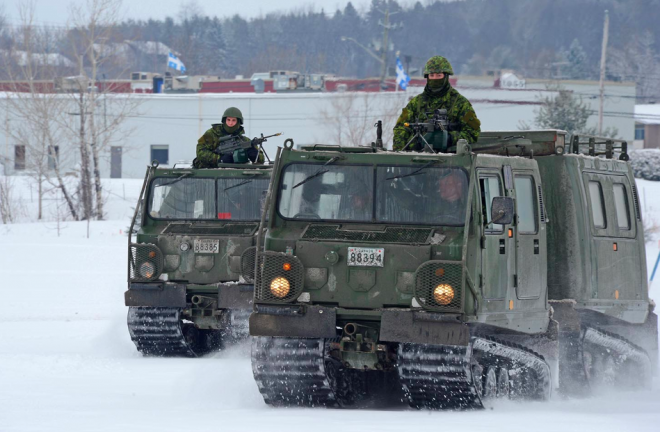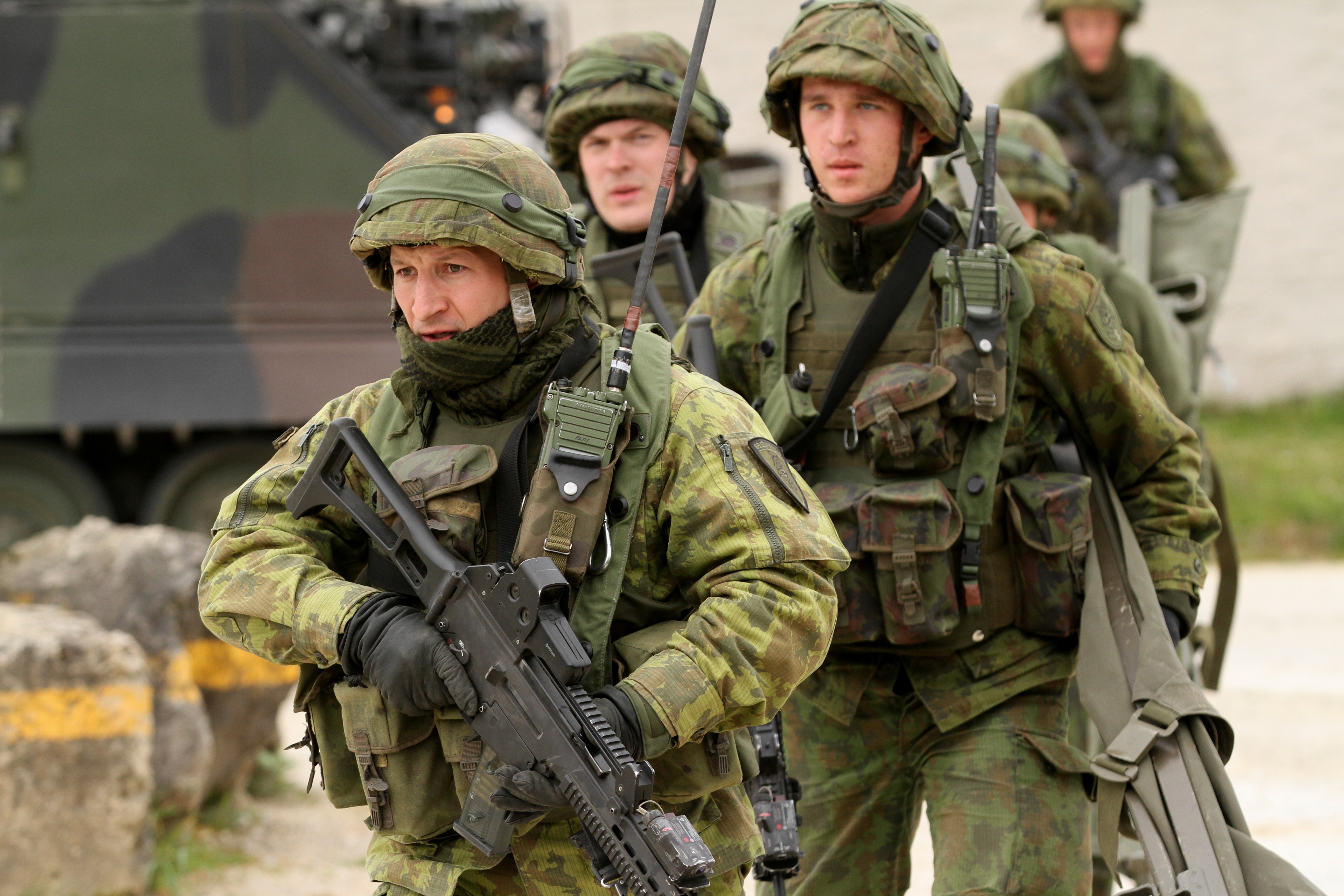After months of deliberation Afghanistan’s presidential candidates and the Afghan election commission have finally brought closure to Afghanistan’s acrimonious presidential elections. Former Afghan Finance Minister, Ashraf Ghani, was named President-elect on September 21 2014. The new Afghan government incorporates certain power-sharing elements within the context of a unity government, which affords Ghani’s losing opponent, Abdullah Abdullah, a measure of political influence. Only two weeks ago the stability of the electoral process was threatened when Abdullah stated that he would refuse to accept the expected results of the election, violating a pledge he made to US Secretary of State, John Kerry, in July.
Inextricably related to the presidential elections is the ratification of security agreements between the Afghan government, the US and NATO. Although the substance of the agreements was negotiated months ago, they could not be finalized prior to a definitive presidential electoral victory. Former Afghan President, Hamid Karzai, insisted that such a decision should lie with his successor(s).

Ghani and Abdullah are likely to extend basing arrangements for US and NATO troops, with agreements to be signed and formalized in the near future. Such agreements will allow the US and NATO to maintain a military presence in Afghanistan after December 2014. US and NATO troops would constitute a robust counter-terrorism training, and advisory presence, essential towards supporting Afghanistan’s medium-term domestic security. The electoral outcome is timely given that Afghanistan’s domestic security apparatus remains largely dependent on US and NATO forces to fulfill its mandate.
An article written in April predicted that if no such security agreements materialized to allow US and NATO forces to remain in Afghanistan, an effective foreign force could potentially still remain deployed. The force would be comprised of personnel belonging to private security firms, rather than US and NATO forces. These private firms would likely operate under the auspices of Western political agents, such as the US Department of State (DOS), to provide security for diplomatic personnel and other US agencies, as they have in the past.
Although the withdrawal of troops is contrary to the fact at this point, given the likelihood of US and NATO security agreements, Afghan military and police will indeed enjoy the support of a foreign security tripartite comprised of NATO, private security firms, and the US.
The US Government announced in August that significant investments would be made to maintain private security firms in Afghanistan by renewing their existing contracts well beyond 2014. Private security firms deployed to Afghanistan have been tasked to provide personnel security, law enforcement support, and other services and the DOS is in fact arranging security for US personnel who will remain in the country after December 31 2014.

Specifically, on August 5, the DOS’ Bureau of International Narcotics and Law Enforcement Affairs (INL) announced its intention to awarded a $30 million USD sole-source contract in November to DynCorp International (DI) and PAE Government Services (PAE) to provide security for up to twenty-four months at the INL facility in Kabul. DI and PAE currently hold task orders to provide security at the INL facility, which were awarded earlier under the Civilian Police (CIVPOL) regime; however, these task orders expire on December 31. The announcement of the new sole-source contract was designed as an interim solution to guarantee uninterrupted security services from DI and PAE after December 31until the services can be framed under a new Worldwide Protection Services (WPS) contract, which is scheduled for 2015. WPS contracts are usually re-opened for competition every five years.
The requirements listed in the redacted Justification and Approval Statement for other than Full and Open Competition is as follows
“[T]o provide security, including through the use of the Afghan Public Protection Force (APPF), to include but not limited to a qualified, fully-trained security force to physically protect designated personnel, property, and facilities from criminal, insurgent, or terrorist attacks in a manner that complies with Afghan law. This responsibility includes, but is not limited to providing Intelligence/Tactical Operations Center (TOC) functions, security assessments, qualified security personnel, security details for those facilities or personnel exempt from the services of the APPF, facility security (gates, towers, roving patrols, etc.), security transport (when necessary, such as to and from Kabul International Airport) for designated personnel (security detail or APPF support) and other related security functions (assessments, explosive ordnance detection, etc.) in direct support of the personnel and property at Camps Gibson and Falcon.”
As evident from the above statement of requirements, DI and PAE’s duties will be expansive. Through various interpretations of the statement of requirements, their presence in Afghanistan could play into larger and more comprehensive security, public order and offensive operations. This contract and those like it should be regarded as precursors for a multiplicity of future contracts that will likely expand the role of private security firms in Afghanistan, such as another WPS contract for instance.
The sustained deployment of private security firms in conjunction with US and NATO troops, under bilateral security agreements and status of forces agreements, respectively, will collectively serve to bolster the survivability of Afghanistan’s security forces and the state apparatus in the face of persistent terrorism, insurgency and instability.




